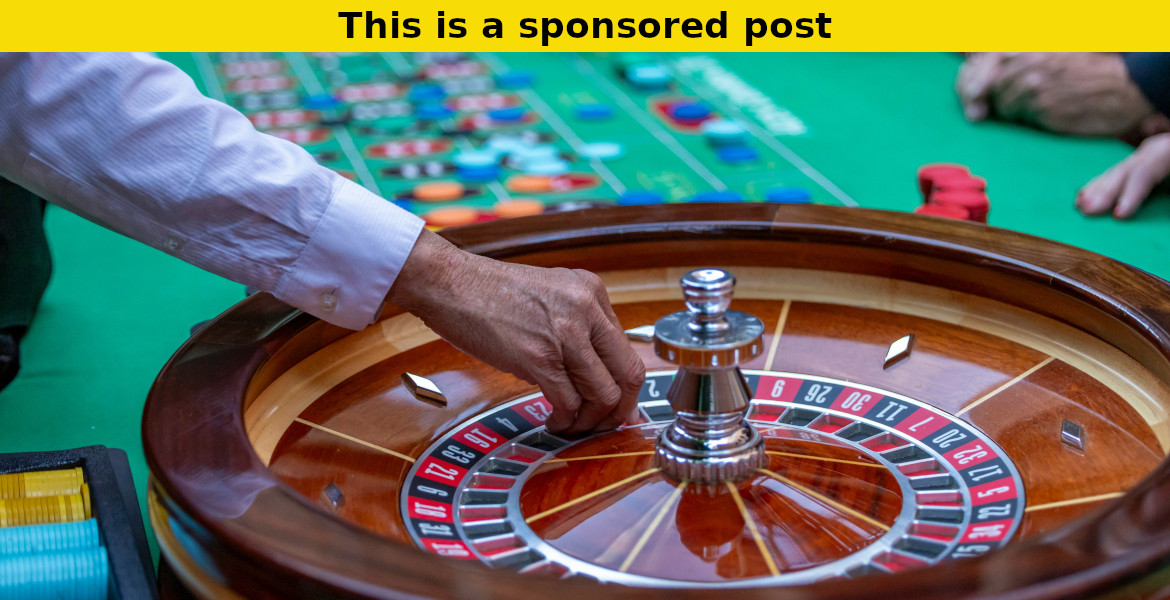Gambling across Europe is a diverse and evolving landscape, shaped by each country’s legal framework, cultural attitudes, and the growing influence of the European Union (EU). While EU member states are bound by certain shared principles, notably the free movement of services, there is still considerable variation in how gambling is regulated. One of the most notable exceptions is Norway — a non-EU country that continues to enforce a strict state-run monopoly on gambling. This article explores the differences in regulation between EU countries and Norway, the role of EU law, and what the future may hold for the Norwegian gambling market.
The EU and Its Impact on Gambling Regulation
The EU does not have a unified gambling policy. Instead, regulation is left largely to individual member states. However, EU law — especially concerning the free movement of goods and services — plays a key role in shaping national policies.
This has led to numerous legal challenges when countries have tried to maintain monopolies or heavily restrict access to foreign gambling operators. In several cases, the Court of Justice of the European Union (CJEU) has ruled that such restrictions must be justified on the grounds of public interest, such as protecting consumers or preventing crime, and must be proportionate and non-discriminatory.
As a result, many EU countries — including Sweden, Denmark, and the Netherlands — have moved toward licensing systems that allow private operators to enter the market under strict regulations. These systems aim to:
- Protect players through responsible gambling tools
- Channel users away from unregulated markets
- Collect tax revenues domestically
- Ensure transparency and fairness
For example, Sweden’s 2019 reform replaced its monopoly with a licensing framework where both local and foreign operators could apply, as long as they adhered to rules such as self-exclusion systems and advertising restrictions.
Norway: Outside the EU, Committed to Control
Unlike its Scandinavian neighbors, Norway is not an EU member, although it participates in the European Economic Area (EEA). This gives it more autonomy in regulating gambling services such as nyttcasino.com. As a result, Norway has maintained one of the strictest gambling regimes in Europe, with two state-owned companies—Norsk Tipping and Norsk Rikstoto—controlling nearly all legal gambling.
These companies are mandated to operate responsibly, reinvesting profits into culture, sports, and humanitarian efforts. Private operators are prohibited, and foreign gambling websites are actively blocked through payment restrictions and advertising bans.
Norwegian authorities argue that this model reduces gambling addiction and prevents criminal misuse of gambling platforms, such as money laundering. While some criticize the limited consumer choice, others view it as a model for prioritizing public health over profit.
Challenges on the Horizon
Despite the firm regulatory stance, Norwegians still access offshore gambling sites. Studies estimate that hundreds of millions of kroner flow annually to international platforms beyond the reach of Norwegian oversight. These platforms often offer more appealing bonuses, greater game variety, and are easily accessible online.
This growing grey market has triggered debate in Norway about whether to move toward a regulated licensing system, similar to Sweden’s. Advocates argue that licensing would allow the government to better control the market, increase tax revenue, and enforce responsible gambling standards on foreign operators.
However, opponents warn that liberalizing the market could undermine the current system’s focus on harm reduction. Norway’s model, after all, is praised for its use of technology like artificial intelligence to detect problematic gambling patterns and proactively intervene.
The Future for Norway’s Gambling Market
The pressure on Norway to reform its gambling laws is mounting—from both internal and international sources. Global gambling trends, such as mobile gaming, cryptocurrency integration, and virtual casinos, are making national borders less relevant. Norway may eventually be forced to adapt, not because of EU membership, but because of practical realities in a digitized world.
The most likely scenario is a hybrid model, where Norway retains strict public oversight while licensing a limited number of private operators under tight regulation. This would allow for greater consumer protection, reduce offshore leakage, and ensure that Norwegians engaging with new platforms—like those found on nyttcasino websites—do so safely and legally.
Conclusion
While the EU continues to influence gambling policies across the continent through legal pressure and shared economic principles, Norway remains a notable outlier. Its state monopoly system prioritizes public welfare, but also faces growing challenges from the borderless nature of online gambling.
As technology continues to evolve, Norway will likely have to strike a balance between control and openness. Whether through reform or reinforcement of its current policies, the future of Norwegian gambling regulation will be shaped by its commitment to responsible play—and its response to an increasingly global gaming ecosystem.













